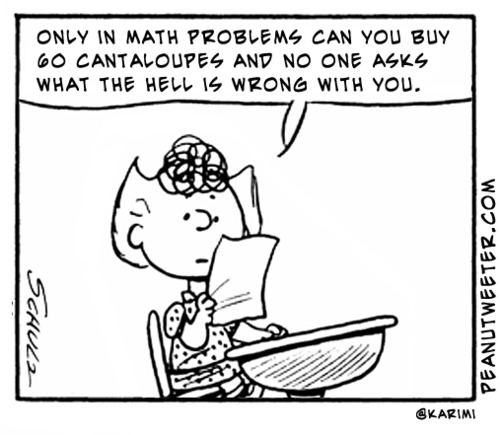Schooling is on rather ironic grounds these days. In one sense, almost all new initiatives assert inquiry-based teaching modes that lean more on alternative forms of demonstrated knowledge and less on call-and-response schooling methods. But on the other hand, almost every single classroom and teacher maintains an organized collection of textbooks that they dole out every September. There is, of course, room for a balanced approach to schooling and education. But as our culture more fervently finds rich learning experiences through methods of non-traditional creativity and uniqueness (I am referring to the type of creatives who actually invent resources like Instagram and not the selfie-stars of Instagram), is it time to claim death to textbooks?
I can’t lie. In my first two years as a teacher, I heavily relied on the textbook to teach the curriculum to my students. As I think about that sentence, I realize how hypocritical it sounds. How can a textbook authentically create authentic learning opportunities for students and become the spine of a course? But, this reality was true for the History, Geography, Science and Math subjects I taught. I will humbly admit that I was afraid to veer away from, what I thought was, such a valuable resource. No need to re-invent the wheel right? Why should there be a call for death to the textbook if it is clearly a valued resource in schools?
But as I put in a few laps in around the block of teaching, I began to zoom out and understand education from a macro-level. In my fourth and fifth year, getting through a day, week, or unit didn’t seem so daunting anymore. School would start and in one blink Christmas break would be upon me. Another blink, Easter. Another blink – another summer. As I became more comfortable with the curriculum, the ten months of teaching became more manageable. More importantly, the disparity between teaching and learning became a lot clearer to me. Oddly enough, because I knew what I had to teach, I no longer really needed that textbook to teach it.
It sounds rather hyperbolic to claim that the textbook should die in order to foster more academic excellence. This is especially true considering many states still use standardized testing. However, so long as that thick textbook is fixed to teaching, learning will always be stifled to a damaging extent. At least this is true for the learning that generates the creative minds and intellectual people that we claim to want to produce these days.
Teaching and learning are two polar symbols within education that need to come a little closer if we want our schools to produce the type of minds we intend it to. Both teaching and learning are important, but the “learning” part of school should take precedent in education. As long as the textbook maintains its traditional role in the classroom, the implication is that teaching matters more. And to be honest, it doesn’t. Death to textbooks eliminates this fallacy.
[share title=”Share this Post” facebook=”true” twitter=”true” google_plus=”true”]

